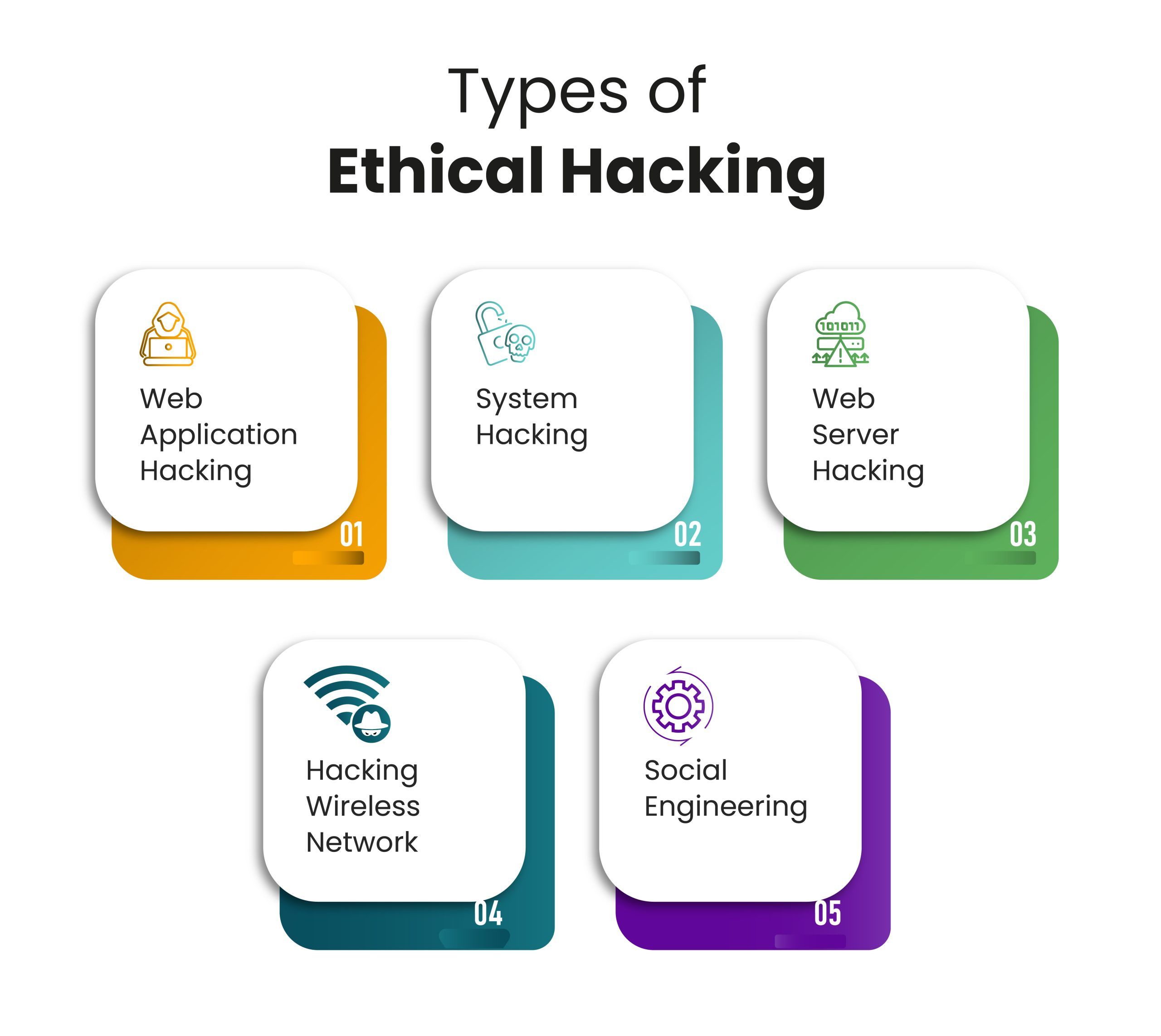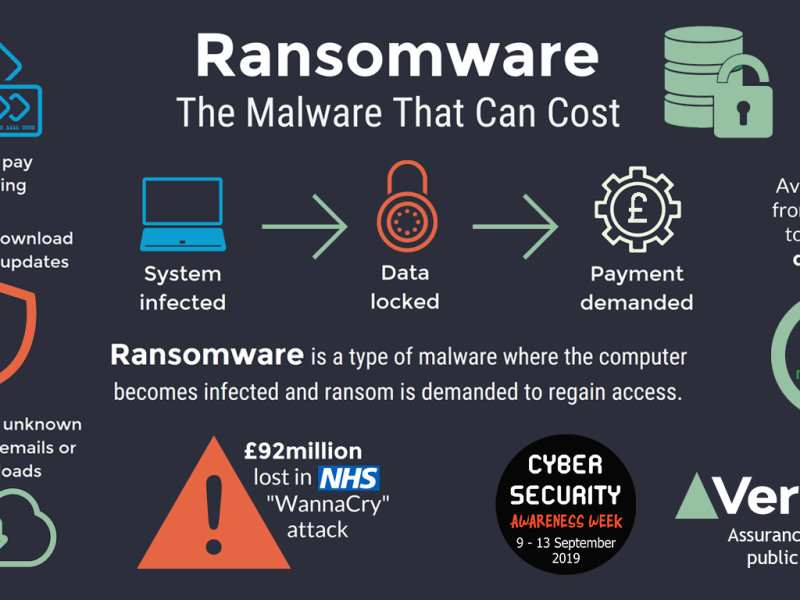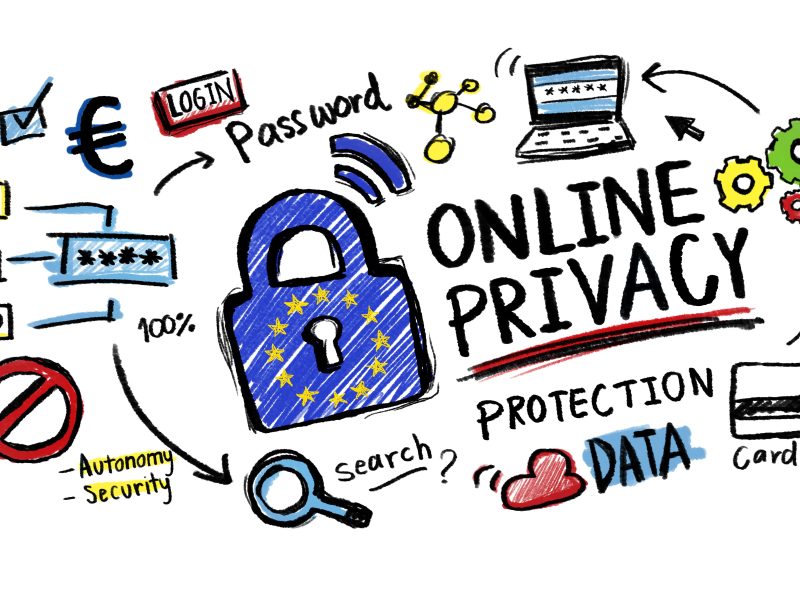In today’s digital age, cybersecurity has become a top priority for businesses and individuals alike. With the increasing threat of cyber attacks, organizations are constantly looking for ways to protect their sensitive data and secure their networks. One of the most effective tools in the cybersecurity arsenal is ethical hacking.
What is Ethical Hacking?
Ethical hacking, also known as penetration testing or white-hat hacking, is the practice of testing a company’s security systems and networks to identify vulnerabilities that could be exploited by malicious hackers. Ethical hackers use the same techniques and tools as their malicious counterparts, but with the authorization of the organization being tested. Their goal is to uncover weaknesses before they can be exploited by cyber criminals.
The Importance of Ethical Hacking
Ethical hacking plays a crucial role in strengthening cybersecurity for several reasons:
Identifying Vulnerabilities
By actively seeking out vulnerabilities in a company’s systems and networks, ethical hackers can help organizations understand their security weaknesses and take steps to address them before they can be exploited by cyber criminals. This proactive approach to security can help prevent costly data breaches and protect sensitive information from falling into the wrong hands.
Testing Security Controls
Ethical hacking allows organizations to test their security controls and ensure that they are working effectively. By simulating real-world cyber attacks, ethical hackers can help companies identify gaps in their defenses and implement stronger security measures to protect against potential threats.
Benefits of Ethical Hacking
There are several benefits to incorporating ethical hacking into a company’s cybersecurity strategy:
Improved Security Posture
By regularly testing their security systems and networks through ethical hacking, organizations can improve their overall security posture and reduce the risk of a successful cyber attack. Ethical hackers can help companies stay one step ahead of cyber criminals by identifying and addressing vulnerabilities before they can be exploited.
Compliance with Regulations
Many industries are subject to strict regulatory requirements when it comes to data security. Ethical hacking can help organizations demonstrate compliance with these regulations by ensuring that their security measures are up to par and that they are taking proactive steps to protect sensitive information.
Cost-Effective Security Testing
While the cost of a data breach can be staggering, the cost of preventing one through ethical hacking is minimal in comparison. By investing in regular security testing, organizations can save themselves the time, money, and reputational damage that can result from a cyber attack.
Conclusion
In conclusion, ethical hacking is a valuable tool in the fight against cybercrime. By proactively identifying vulnerabilities, testing security controls, and improving overall security posture, organizations can strengthen their cybersecurity defenses and protect themselves from the ever-evolving threats of the digital world.
As businesses continue to digitize their operations and rely on technology to drive growth, it is essential that they make cybersecurity a top priority. Incorporating ethical hacking into their cybersecurity strategy can help organizations stay ahead of the curve and protect themselves from the potentially devastating consequences of a cyber attack.
By embracing ethical hacking as a proactive and cost-effective approach to security, organizations can demonstrate their commitment to safeguarding their data and maintaining the trust of their customers and stakeholders.


